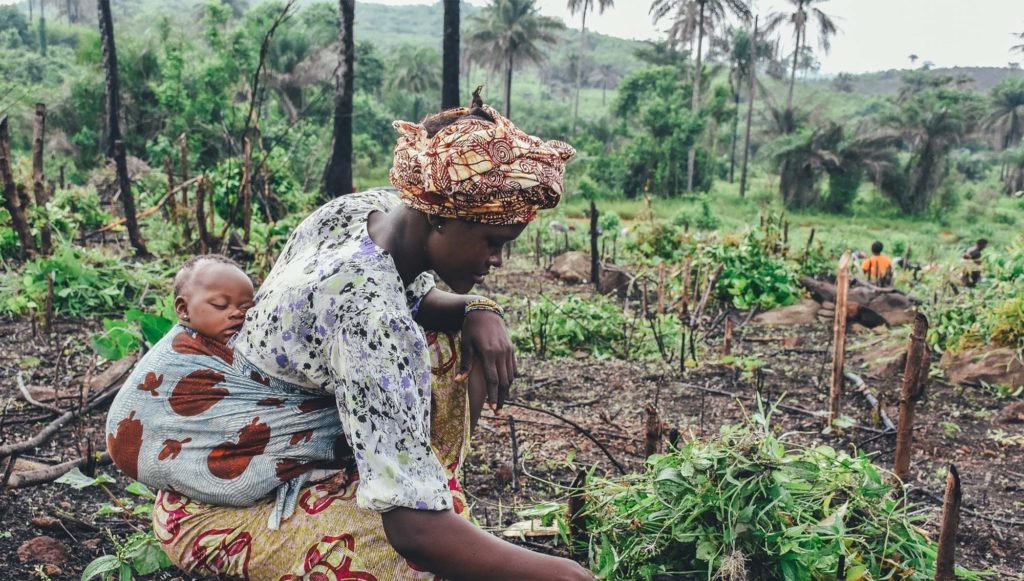“The climate crisis is the biggest threat to our survival as a species and is already threatening human rights around the world”. – António Guterres, UN Secretary-General, February 2020
As the world edges closer to the 1.5°C of global temperature rise, the effects of climate change are already being felt across every corner of the globe and this situation will only worsen throughout the 21st century. These distressing effects threaten the basic human rights of people and communities – especially the most disadvantaged – as they don’t have the resources or capabilities to withstand climate-related disasters, such as droughts, floods, and extreme heat waves. Against this backdrop, UNFCCC, OHCHR and PCBB, with support from GIZ and BMZ, have partnered up to develop the e-course “An Introduction to Climate Change and Human Rights” with the aim of shedding light on the correlation between these two topics. The e-course has been affiliated by UN CC:Learn and is available on its e-learning platform.
In order to safeguard the livelihoods of people, climate change and human rights must be addressed as two overarching topics that overlap each other. For instance, the OHCHR has predicted that climate change will push an extra 100 million people into poverty by 2030, further widening the gap between rich and poor. The newly launched e-course walks learners through this and several other issues in 7 key modules that take an average of 3,5 hours to be completed.
In addition to displaying the interlinkages between climate change and human rights, the affiliated e-course also explains why a rights-based, participatory climate action can lead to more coherent, sustainable, and effective outcomes. Furthermore, it also confirms that increased awareness and education on both human rights and climate change are key to enhancing consequential climate action. Each course module covers specific topics and has specific learning objectives. The modules are:
- Module 1: Human Rights Impacts of Climate Change and Corresponding Human Rights Obligations
- Module 2: Human Rights in Climate Negotiations, Agreements and Action
- Module 3: Climate Change in Human Rights Processes, Agreements and Action
- Module 4: Persons, Groups and Peoples in Marginalized Situations
- Module 5: Regional and National Frameworks and Action
- Module 6: Rights-Based Climate Litigation
- Module 7: Right to Development and Climate Change in Focus
“An Introduction to Climate Change and Human Rights” caters to a diverse audience. From experts and policymakers to students and enthusiasts, everyone is welcome to take up the course to better understand, participate, and act on climate change as well as human rights challenges and opportunities.
The UN CC:Learn affiliation programme highlights high-quality e-learning products on climate change developed by recognized institutions outside the framework of the UN CC:Learn programme / without support from the UN CC:Learn Secretariat, in accordance with specific affiliation criteria. The objective of the UN CC:Learn affiliation programme is to enhance global climate literacy through dissemination of high-level learning products that complement UN CC:Learn resources.
Start learning today here.

